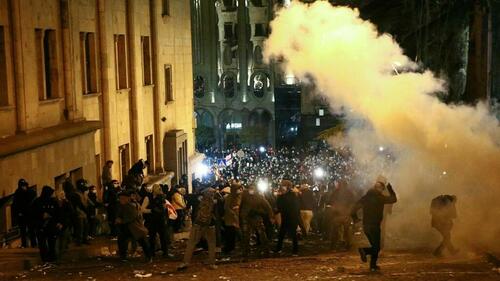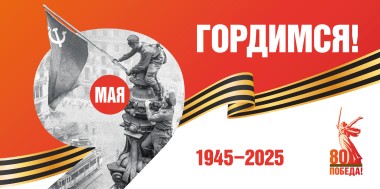The first round of the presidential election has been completed. The EU, NATO and PACE, as usual, declared they had not recognized its results. I would like to remind them that South Ossetia is the recognized state and the most important thing for the people is that the elections were held in accordance with the international standards. In spite of numerous statements and accusations, the principle of democratic change of power through the elections is retained in South Ossetia. As it is known, in contrast to many internationally recognized countries, which feel very comfortable in the UN and other international organizations, the power in South Ossetia is not replaced by coups and revolutions, but exclusively in accordance with Law. So it was in 1993, in 2001 and in 2011. The elections and the pre-election campaign have been held without any significant violations.
Of course, some minor violations have taken place, but it is prematurely to say that they have significantly affected the overall situation. This means that South Ossetia, as it has been repeatedly demonstrated earlier, is able to organize the electoral process. Traditionally international observers, who were represented as the influential leaders of different countries, (it should be noted, there were more observers from the countries which had not recognized South Ossetia than those which had done it) have been invited to South Ossetia; they have estimated positively the picture they were observing personally. This means that the elections were held in conditions of transparency, which in the modern world is also considered a good sign. Summing up the first round and the lessons learned from it, one should note inadmissibility, in our conditions, of using blind political and electoral technologies that are successful in other countries. By the way, for the first time it was evident during the 2001 election. It is surprising that this lesson has not been learned – not the candidate, whose program is better or the one who shoot a nice clip, will win an election, but that one who often communicates with people, and whose position is clear and easy to understand. And another lesson – one should start working with the electorate not on the eve of elections, but much earlier. A voter knows that on the eve of elections everyone is lavish with promises, but the long-term work in that direction gives more visible result. Of course, there are a lot of evident lessons. Without any doubt, the authors of numerous opinion polls have also been confounded: they predicted victory to that candidate, whose staff was conducting the polling. Life has reduced to zero all previous predictions, that once again confirms the necessity of creating the sociological organization in order to learn mentality of people not only because of the election once within ten years. What will be the further situation? Two candidates have turned the corner; each of them has its own merits and such qualities that enabled them in the eyes of voters to be worthy of the top post of South Ossetia. Both candidates have a wide outlook and are versed in the issues of state building, have their own opinion on the most topical issue for the time being – the issue of restoration, which, as everyone can see, is poor. One of the candidates is the minister; the other is also a former minister. Each of them has the management experience. The upcoming second round, in addition, in a sense will be an assessment of their work in the leading positions.
Anatoly Bibilov was personally fighting, he is on good terms with Sergei Shoigu and he has support of Moscow. Alla Dzhioeva before the directorship and the ministry was engaged in breaking the information blockade, personally taking part in numerous rallies in Moscow. During the pre-election campaign they proved they can distinguish malevolence from sincere interest to some uncomfortable questions, and despite the pre-election political temperature, they could give calm and reasoned responses. On the one hand, it seems that it is easier for a male to be in office, because in history there were many cases when the head of the state was a male. But taking into account the specificity of South Ossetia, the election of a woman is not nonsense.
In any case, the question will decide three things – which of the candidates will be able to convince some supporters of another one, which way supporters of the former presidential candidates, dropped out of the presidential race, will cast their ballots and whose electorate will be more responsible on the election day.






